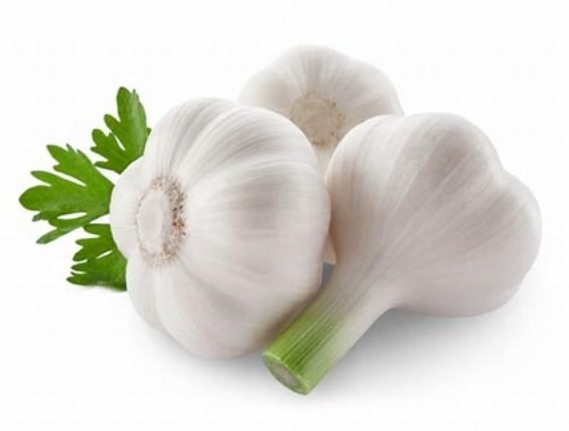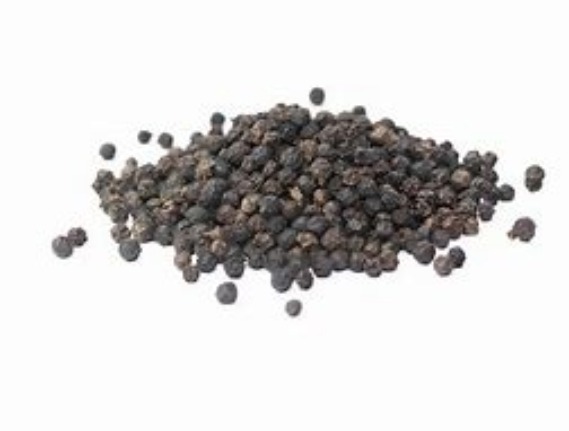Coffee
Ancient Origins:
Coffee is believed to have originated in Ethiopia, where legend has it that a goat herder named Kaldi discovered the energizing effects of coffee beans after noticing his goats becoming lively after consuming them. The beans were eventually brewed into a beverage.
Spread to Arabia and Beyond: Coffee cultivation and consumption spread from Ethiopia to the Arabian Peninsula, where coffee houses, called qahveh khaneh, began to emerge in cities like Mecca and Constantinople (modern-day Istanbul). These coffee houses served as social hubs where people would gather to drink coffee, socialize, and discuss various topics
Modern Era: Coffee has become an integral part of daily life for many people around the world. It is consumed in various forms, from espresso and cappuccino to cold brew and specialty drinks. Coffee culture has also evolved, with cafes and coffee shops serving as gathering places for socializing, working, and enjoying quality beverages.
Health benifits of Coffee
Features of products
Our Best Services to customer
Medicinal values of Garlic
Garlic is a common cooking ingredient managing cholesterol, boosting heart health, supporting the immune system, protecting against the common cold, and more.
Medicinal values of Pepper
Black pepper helps to stimulate hydrochloric acid in your stomach so you can better digest and absorb the foods you eat.
Medicinal values of Cardomom
Consuming cardamom may help with conditions such as metabolic syndrome and diabetes, as well as boosting oral, heart, and liver health. Cardamom may also offer ..
Medicinal values of Coffee
Drinking one to two cups of coffee a day may help ward off heart failure, when a weakened heart has difficulty pumping enough blood to the body.
Medicinal values of Honey
Honey is rich in nutrients and antioxidants, has antibacterial properties, and can play a role in diabetes management as part of a balanced diet.
Medicinal values of Indian spices
Several Indian spices, such as turmeric, coriander, and cardamom, have potential benefits in improving heart health. They can help reduce inflamations.
Our Products

Garlic
Cancer Prevention: While research is ongoing, some studies have suggested that garlic consumption may be associated with a reduced risk of certain types of cancer, including stomach and colorectal cancer. The exact mechanisms behind this potential benefit are not fully understood but may involve garlic's antioxidant and anti-inflammatory properties. Digestive Health: Garlic may have prebiotic effects, promoting the growth of beneficial gut bacteria. This could potentially contribute to improved digestive health and overall well-being.
It's important to note that while garlic offers numerous potential health benefits, it is not a substitute for medical treatment. As with any dietary supplement or natural remedy, it's advisable to consult with a healthcare professional before making significant changes to your diet or lifestyle, especially if you have underlying health conditions or are taking medications.

Black Pepper
Ancient Origins: Black pepper has a long history of use, dating back thousands of years. It is native to the Malabar Coast of India and has been cultivated in the region since ancient times.
Ancient Spice Trade: Black pepper was highly prized in ancient civilizations such as Egypt, where it was used in religious ceremonies and as a form of currency. It was also traded along the famous Silk Road, reaching Europe and other parts of the world.
Antioxidant Properties: Black pepper contains a compound called piperine, which has antioxidant properties. Antioxidants help protect cells from damage caused by free radicals and may reduce the risk of chronic diseases such as heart disease and cancer.
Digestive Health: Black pepper has long been used as a digestive aid. It stimulates the production of digestive enzymes in the pancreas, which can help improve digestion and alleviate symptoms such as bloating and gas. Additionally, black pepper may have mild laxative effects.

Cardamom
Ancient Origins: Cardamom has been used for thousands of years in traditional medicine and culinary practices. It is native to the Western Ghats of southern India and has been cultivated in the region since ancient times.
Trade and Exchange: Cardamom was highly valued in ancient civilizations such as Egypt, Greece, and Rome. It was traded along the ancient spice routes, including the famous Silk Road, which facilitated the exchange of goods between Asia, Europe, and the Middle East.

Coffee
Origins: Coffee is believed to have originated in Ethiopia, where legend has it that a goat herder named Kaldi discovered the energizing effects of coffee beans after noticing his goats becoming lively after consuming them. The beans were eventually brewed into a beverage. Spread to Arabia and Beyond: Coffee cultivation and consumption spread from Ethiopia to the Arabian Peninsula, where coffee houses, called qahveh khaneh, began to emerge in cities like Mecca and Constantinople (modern-day Istanbul). These coffee houses served as social hubs where people would gather to drink coffee, socialize, and discuss various topics.
Increased Metabolism and Fat Oxidation: Caffeine has been shown to boost metabolism and increase fat oxidation, making it a popular ingredient in many weight loss supplements. However, it's important to note that any weight loss effects are likely to be modest and may vary depending on individual factors. Reduced Risk of Certain Diseases: Numerous studies have suggested that regular coffee consumption may be associated with a reduced risk of certain diseases, including type 2 diabetes, Parkinson's disease, Alzheimer's disease, and liver diseases such as cirrhosis and liver cancer. However, more research is needed to fully understand the mechanisms behind these associations.

Honey
Ancient Origins: Honey is one of the oldest sweeteners known to humans, with evidence of its consumption dating back to ancient times. Cave paintings in Spain dating from around 7000 BC depict humans gathering honey from beehives. Civilizations and Cultures: Honey has been used in various cultures throughout history. Ancient Egyptians, Greeks, Romans, and Chinese civilizations all valued honey for its nutritional and medicinal properties. It was often used as a sweetener, preservative, and even as a form of currency.
Nutritional Value: Honey is a natural sweetener that contains a variety of nutrients, including vitamins, minerals, enzymes, and antioxidants. It provides carbohydrates for energy and small amounts of vitamins and minerals such as vitamin C, calcium, and potassium. Antioxidant Properties: Honey contains antioxidants such as flavonoids and phenolic compounds, which help protect cells from damage caused by free radicals. Antioxidants are believed to play a role in reducing the risk of chronic diseases such as heart disease, cancer, and neurodegenerative disorders.

Spices
Ancient Origins: The use of spices dates back to ancient civilizations such as Mesopotamia, Egypt, India, China, and the Middle East. Spices like cinnamon, ginger, turmeric, and black pepper were traded along ancient trade routes, such as the Silk Road, connecting East and West. Early Trade Routes: Spices were highly prized commodities in ancient times and were often more valuable than gold. They were used as currency, gifts, and offerings to gods. The demand for spices spurred the development of extensive trade networks and led to exploration and colonization.
Digestive Health: Spices like ginger, peppermint, and fennel have been traditionally used to alleviate digestive issues such as indigestion, bloating, and gas. They may help stimulate digestion, reduce inflammation in the digestive tract, and soothe digestive discomfort. Metabolic Benefits: Certain spices, such as cinnamon, have been shown to improve insulin sensitivity, lower blood sugar levels, and reduce the risk of type 2 diabetes. Others, like cayenne pepper, may help boost metabolism and aid in weight management.
Copyright 2024 | All Rights Reserved | Designed by Verus Solution

